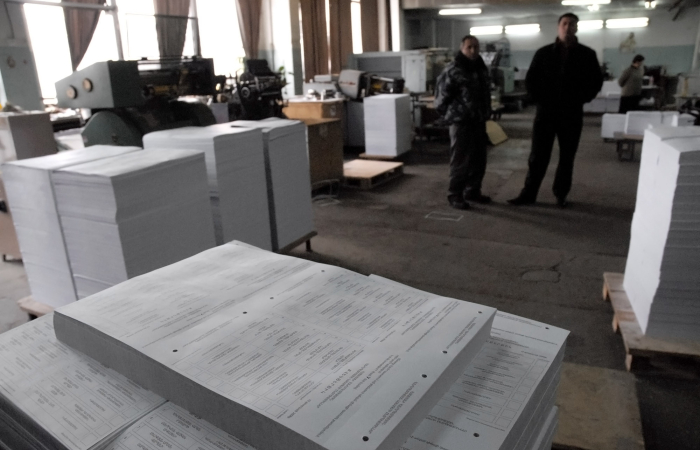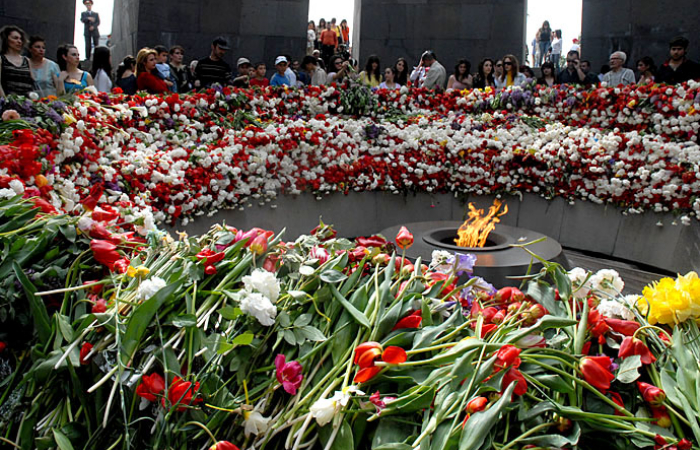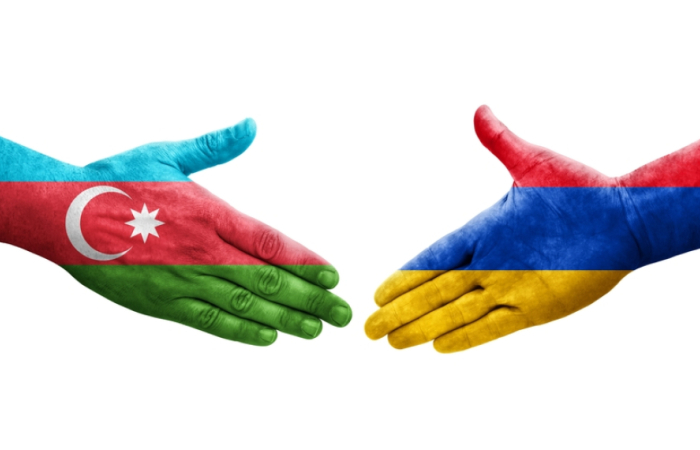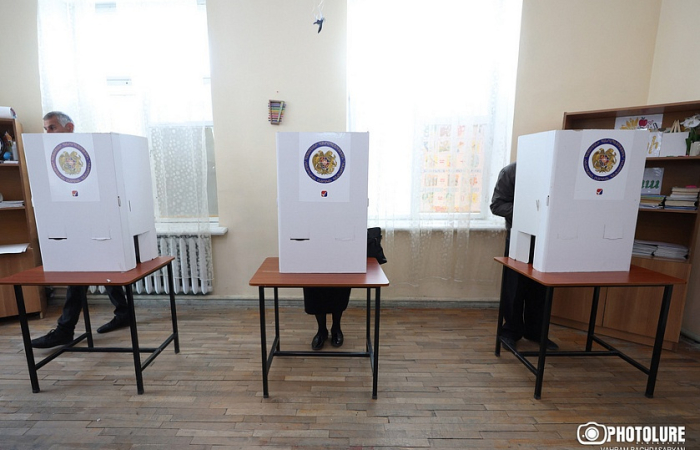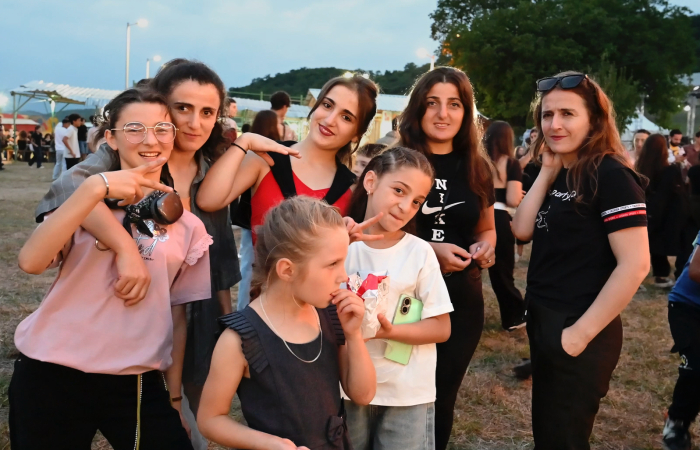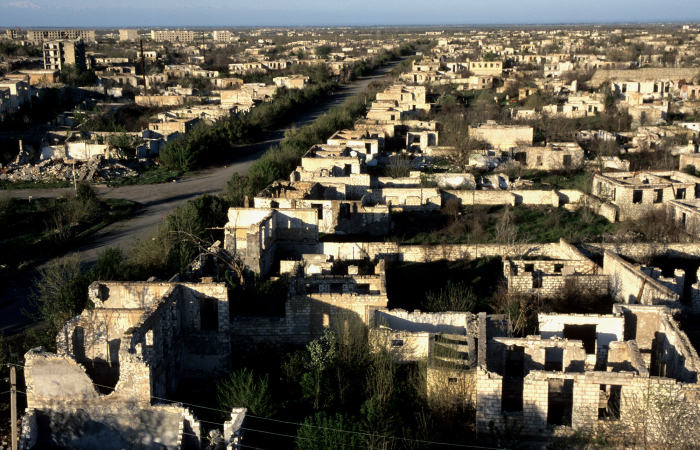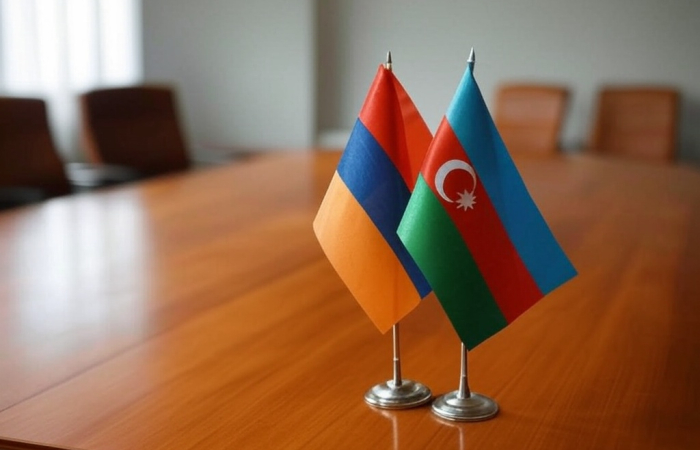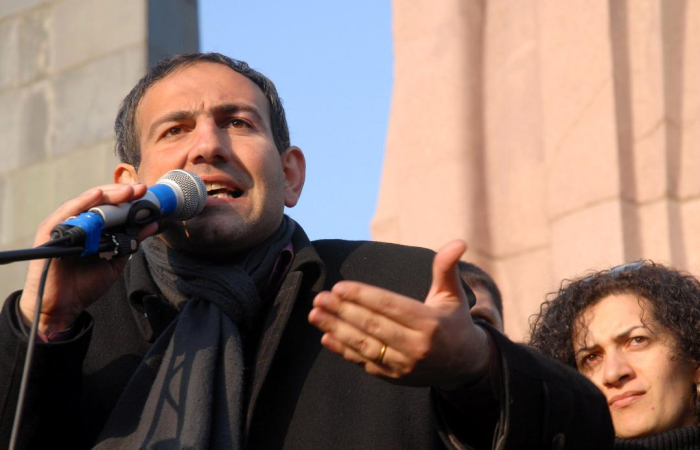Trending
Opinion: Armenia Braces for a Turbulent Pre-Election Period
6 May 2025
With parliamentary elections in Armenia just over a year away, opposition figures and some analysts are increasingly questioning Prime Minister Nikol Pashinyan’s prospects for re-election. Critics argue that he has failed to fulfil his widely promoted peace agenda and hold him accountable for the exodus of approximately 100,000 ethnic Armenians from the former Soviet-era Nagorno-Karabakh Autonomous Oblast (NKAO) in late September 2023. They also point to unrealistic campaign promises made during the last parliamentary elections held in 2021, including the pledge to reclaim the strategic hilltop citadel of Shusha and pursue remedial secession for the separatist but now dissolved Karabakh — goals widely seen as unattainable from the outset.



